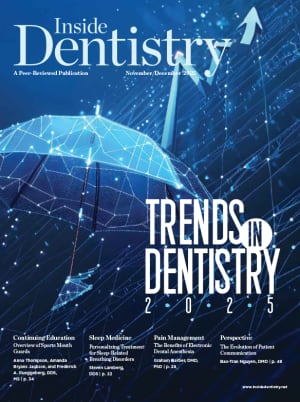A new study led by researchers at Penn Dental Medicine suggests that measuring proteins in saliva could offer a simple and effective method to monitor the progression of gum disease (periodontitis). Published in the Journal of Clinical Periodontology, the study followed over 400 patients for up to 18 months, finding that those with moderate to severe periodontitis had elevated levels of inflammation-related proteins in their saliva. These proteins could serve as reliable markers for tracking disease progression and evaluating treatment effectiveness.
Lead author Dr. Flavia Teles emphasized the potential for at-home saliva tests, which could allow both patients and dentists to assess gum health regularly and tailor treatments accordingly. Periodontitis, which affects up to 50% of the global population, can lead to tooth loss if untreated.
The study tracked 302 periodontitis patients and 113 healthy individuals, monitoring protein levels in both saliva and blood. Results revealed that higher protein levels in saliva were associated with more severe disease progression, but these levels decreased following treatment, highlighting saliva as a valuable tool for monitoring therapy success.
The researchers also noted that while blood biomarkers showed some treatment response, saliva testing could provide a non-invasive and cost-effective way for patients to actively manage their gum health. The findings point to a future where personalized, saliva-based diagnostics could revolutionize dental care.
